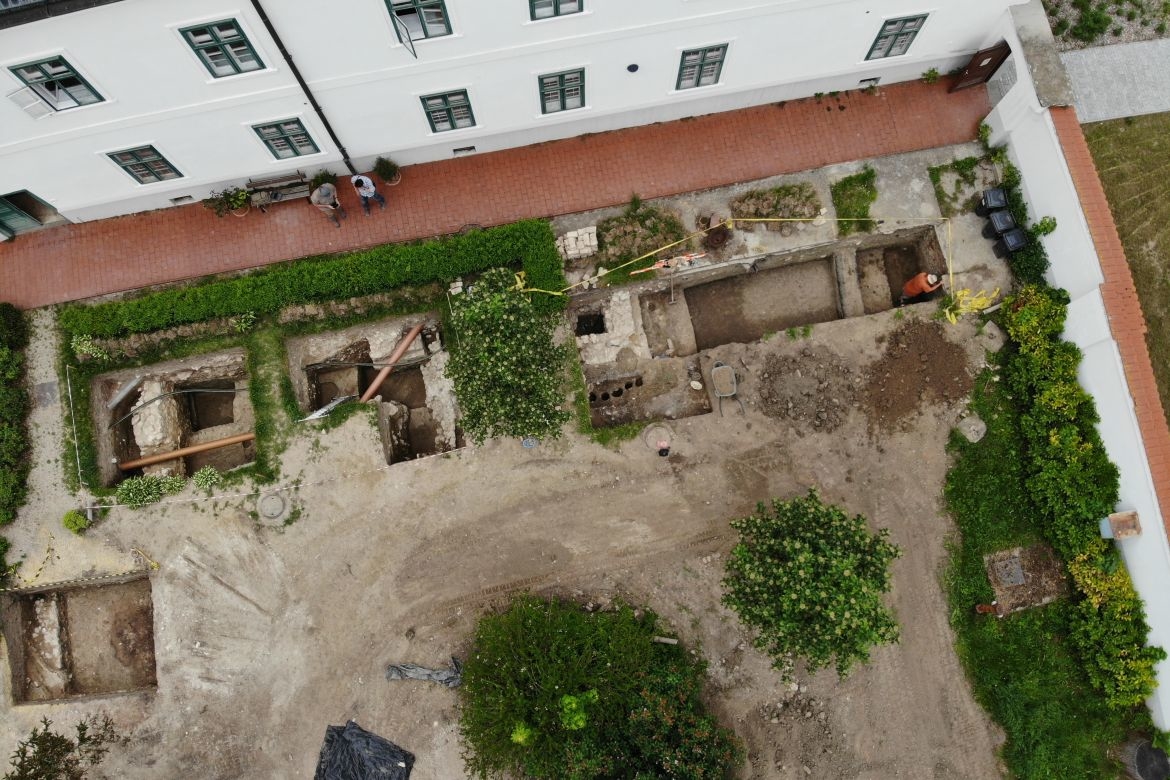
- Details
- By ELKH/RCH
The planned excavation works in the area of the Benedictine monastery in Bakonybél carried out as part of the Kings – Saints – Monasteries research program and launched with the support of the Eötvös Loránd Research Network (ELKH) have been completed. The excavation carried out in the courtyard of the monastery provided a wealth of important information, some of it quite surprising, about the centuries-old history of the monastic community founded by Saint Stephen.
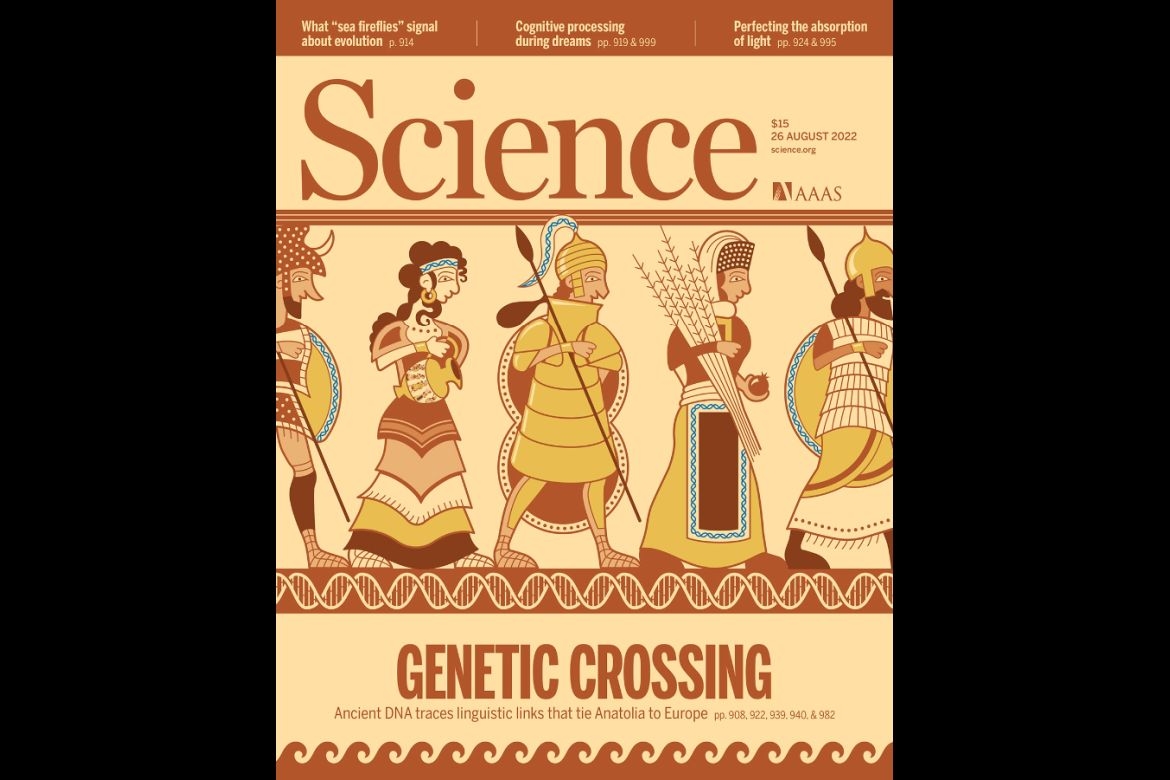
- Details
- By ELKH/RCH
As part of a 202-member international group, researchers from the Institute of Archaeogenomics of the ELKH Research Centre for the Humanities (RCH) and the Institute of Biology of ELTE Faculty of Natural Sciences investigated the cultural and genetic relationships of the prehistoric, ancient and medieval populations living in the area forming a bridge between Europe and Asia ‒ the so-called Southern Arc.
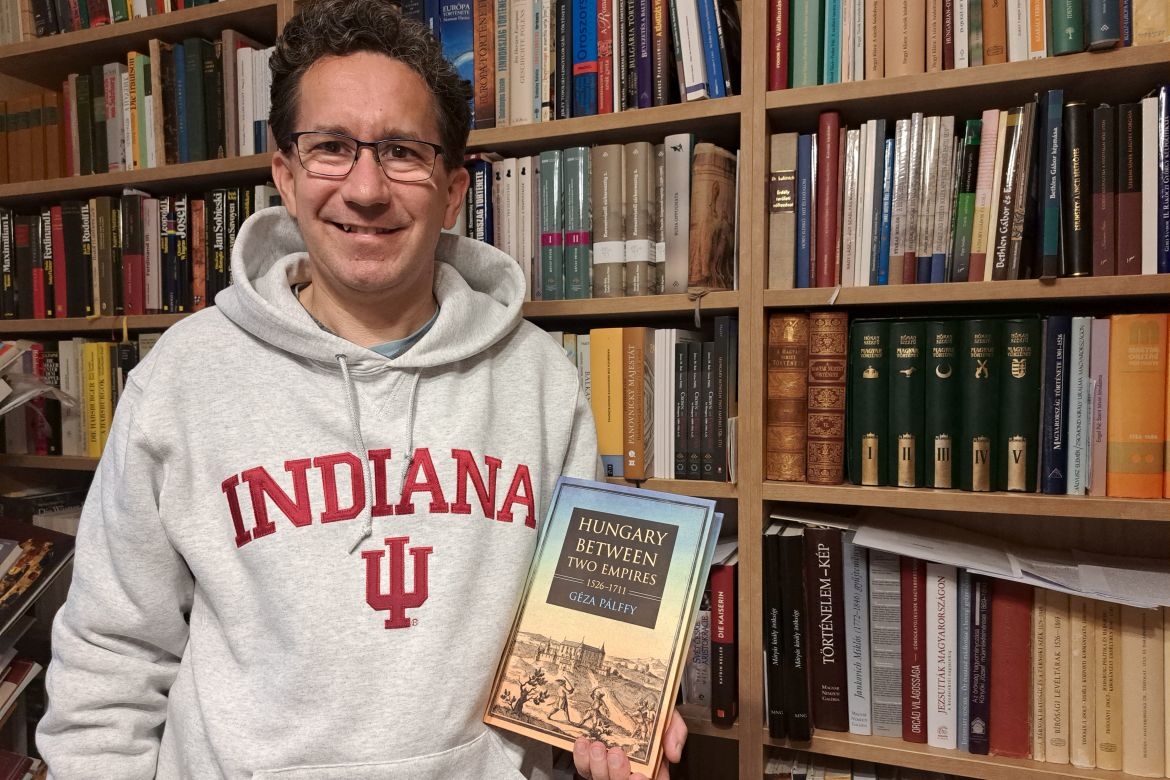
- Details
- By HUN-REN Bölcsészettudományi Kutatóközpont
The monograph of Géza Pálffy, senior research fellow of the Institute of History at the Research Centre for the Humanities was published by Indiana University Press in 2021. The American presentation of the English-language volume titled Hungary between Two Empires 1526-1711 was held on 20 September 2022 at Indiana University in Bloomington, where, after an introductory lecture by Géza Pálffy, Professors Charles Ingrao and Kaya Şahin, experts on the Habsburg Monarchy and the Ottoman Empire, presented the publication - both of them calling it a complex, comprehensive work.
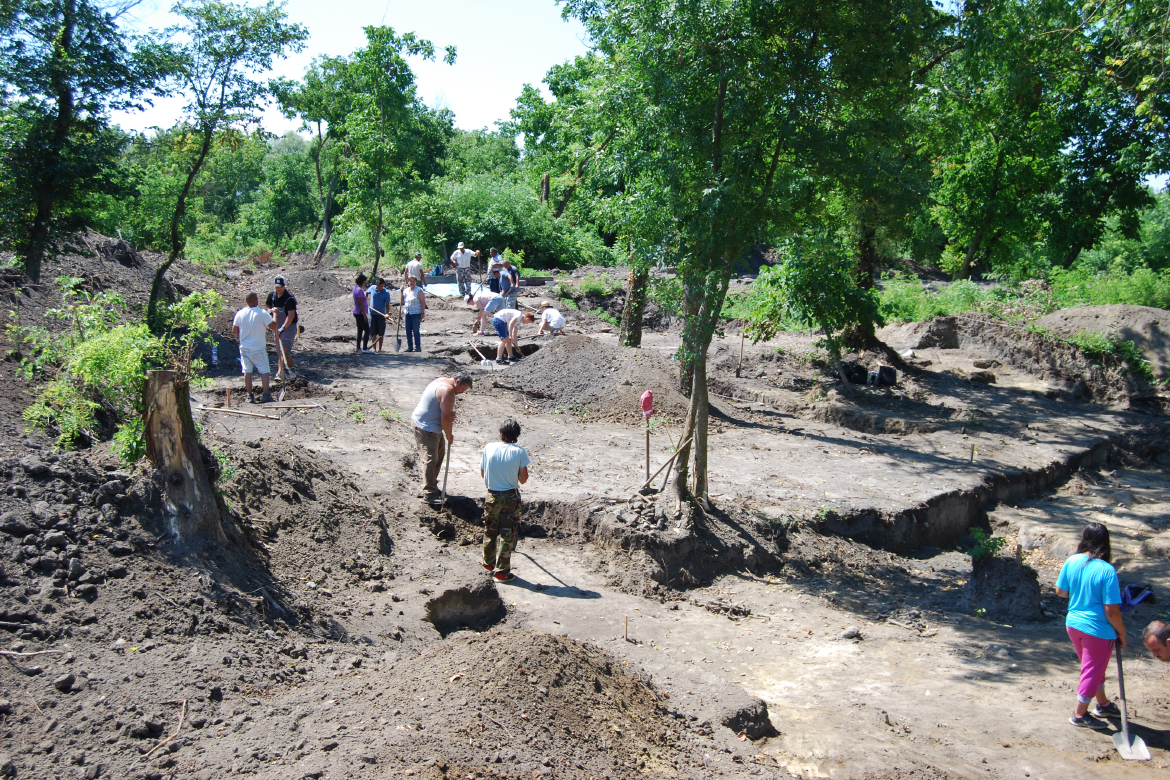
- Details
- By ELKH/RCH
With the support of the Eötvös Loránd Research Network (ELKH) and under the leadership of Miklós Béla Szőke, a scientific advisor with the Institute of Archeology at the ELKH Research Centre for the Humanities (RCH) and Ágnes Ritoók, an archaeologist with the Hungarian National Museum the specialists excavated the remains of the Benedictine monastery founded in 1019 by King Saint Stephen as one of the projects being carried out in cooperation between the two institutions. The results provide a glimpse into significant chapters in the history of the Carolingian and Árpád eras.
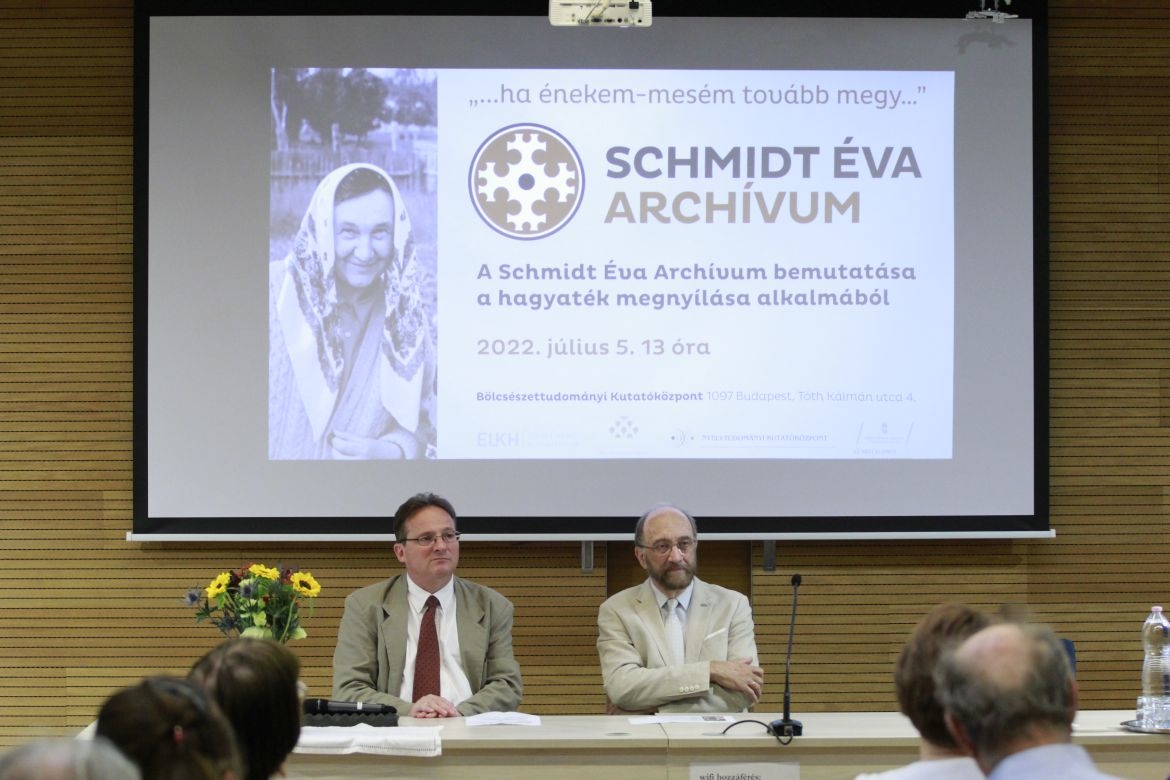
- Details
- By ELKH/RCH
Researchers of the ELKH Research Centre for the Humanities (RCH) and the ELKH Research Centre for Linguistics (NYTK) launched two projects involving the scientific processing of the legacy work of linguist and ethnographer Éva Schmidt in 2022. She was an outstanding researcher of the Obi-Ugric people and languages leaving behind a very rich legacy, however she had placed an embargo on her collections for 20 years before she died. The aim of the researchers involved in the projects is to organize and publish her legacy in the language of the original collections, as well as in Hungarian, English and Russian translations, on a multilingual website.


